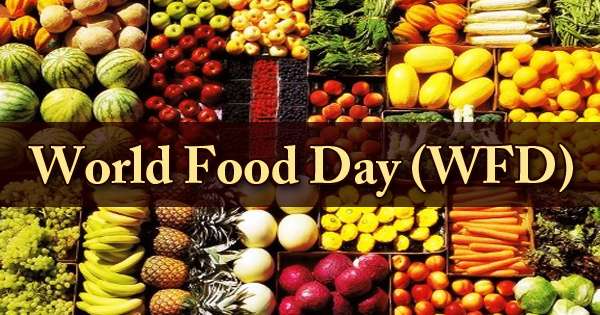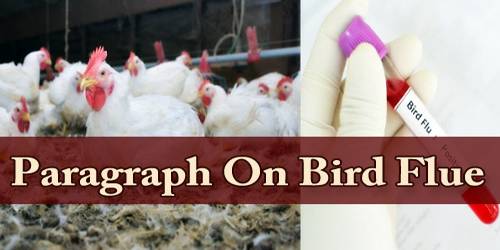World Food Day (WFD) was created in 1945 by the Food and Agriculture Organization (FAO) of the United Nations (UN) and has been observed annually since 1981, every 16th October. In more than 150 countries, it has been observed every year since then, raising awareness of the problems behind poverty and hunger. On and around World Food Day, several activities are planned. A wide-ranging program is being planned at FAO headquarters in Rome, Italy, on and around October 16. The initiative is targeted at political and non-political group leaders at all levels and at raising the focus of the press on topical food supply issues. Other UN organizations and universities around the world are organizing symposiums, seminars, workshops, and presentations on specific issues related to food production, distribution, and security. In order to highlight areas needed for action and provide a shared emphasis, World Food Day has introduced a new theme every year since 1981. Much of the themes revolve around agriculture, as this condition can only be reversed by investment in agriculture, along with funding for education and health. The bulk of that investment will need to come from the private sector, with public investment playing a key role, especially in terms of its promoting and stimulating impact on private investment. Many different activities are held around the globe to raise awareness of food supply and distribution issues and to raise money to fund programs to help food plant cultivation and food distribution. TeleFood, which supports micro-projects to support small-scale farmers at the grassroots level, is an example of this. The projects aim to help farmers be more efficient and increase access to food for both local populations as well as cash income for farmers. Supported sporting activities, charity auctions, concerts, and marches include fundraising events.
This vital sector is often hungry for investment, despite the importance of agriculture as a driving force in the economies of many developing countries. International assistance to agriculture has seen marked decreases over the past 20 years, in particular. World Food Day is not a public holiday, but a worldwide observance. The goal of the FAO is to increase nutrition levels worldwide, boost agricultural productivity at all levels, improve the lives of rural communities, and contribute to the growth of the global economy. It also provides assistance to countries that are reforming their agricultural policies, to help regions avoid drought, to help introduce adequate technology, and to promote a neutral atmosphere for the discussion of food production issues. Nobody deserves to live a life of hunger in this world. They become very unhealthy when individuals do not feed. Hungry individuals have difficulty learning things, struggle every day to make themselves more effective, are sometimes sick, and have a poor life expectancy. Hunger is something that must not be overlooked, and it can happen to practically anyone, even in the richest countries, everywhere. Not only does putting an end to hunger save lives; it can assist society as a whole. At the 20th session of the FAO in Rome, Italy, in November 1979, the conference called for World Food Day to be celebrated on 16th October 1981 and on the same date each year. On December 5, 1980, the United Nations General Assembly adopted this decision and encouraged governments and international, national, and local organizations to contribute to World Food Day observance. Since 1981, World Food Day has been held each year.
















